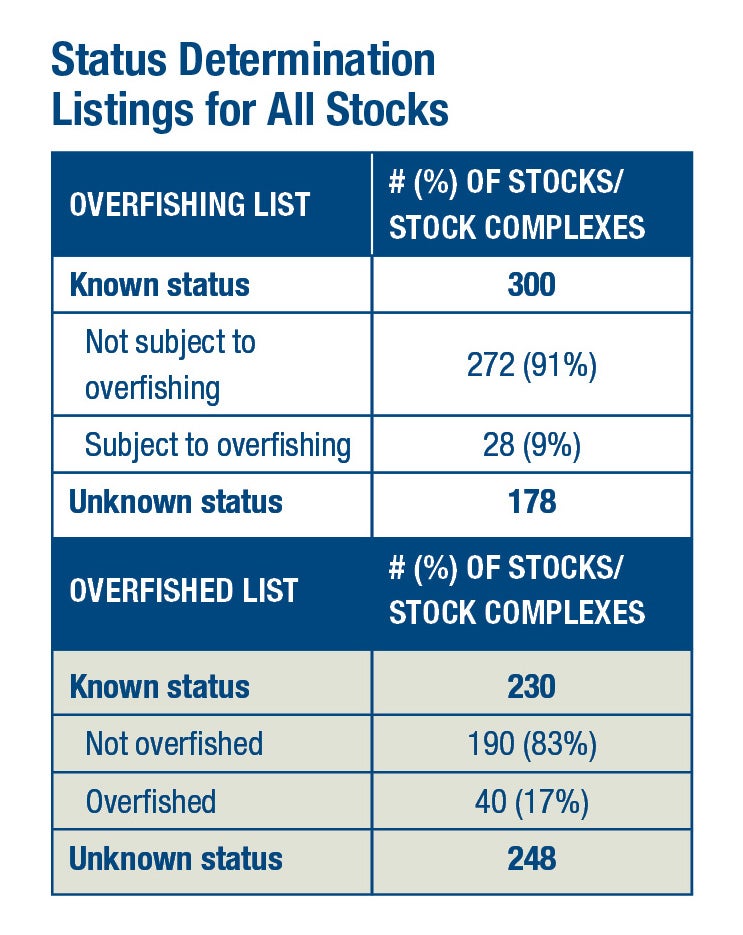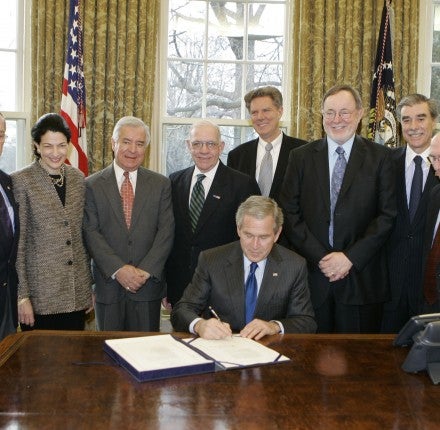At a time when there is significant concern about the erosion of environmental protections, a new report card from the National Marine Fisheries Service confirms that one of the most important conservation success stories of our time remains on track. The turnaround of U.S. fisheries is a remarkable bipartisan success story. This week’s annual Status of U.S. Fisheries report documents how a recovery kick-started during George W. Bush’s time in office, then accelerated under President Obama, held pace during the Trump administration’s first year.
Getting fishery management right is incredibly complex, as illustrated by a history of failure in the United States that spanned decades. Those failures too often deprived saltwater anglers of abundant target stocks, removed local catch from restaurant menus and grocery stores, and created hardship for coastal communities. Yet it is increasingly clear that the United States has now built many of the laws, regulations and institutions needed to meet this complex challenge. If we stay the course, the dividends of our hard-won gains will only grow. Read More










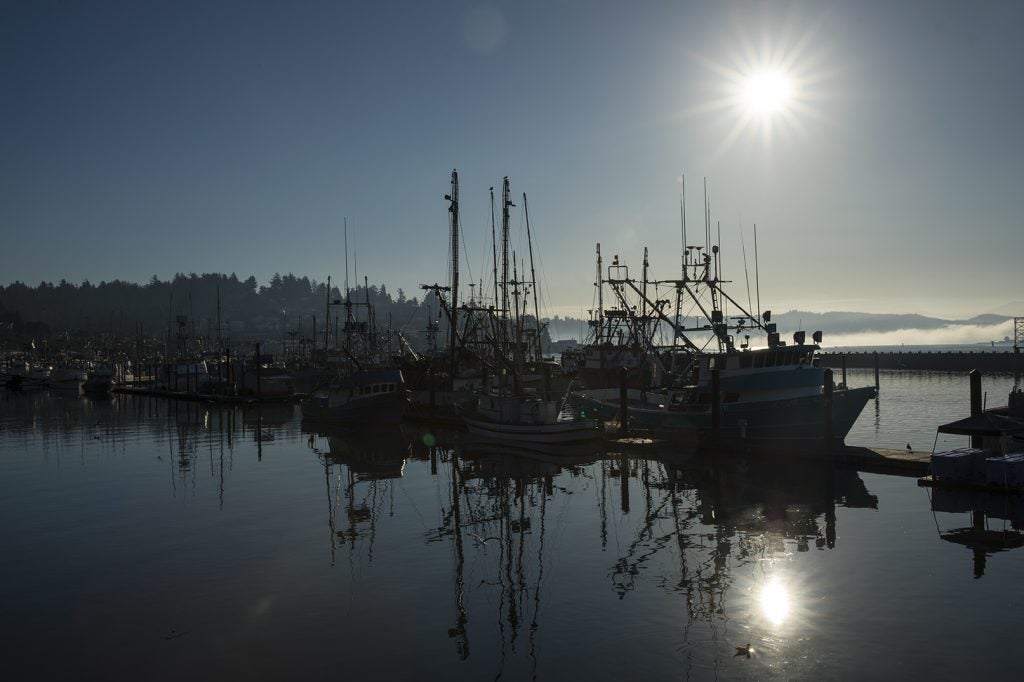
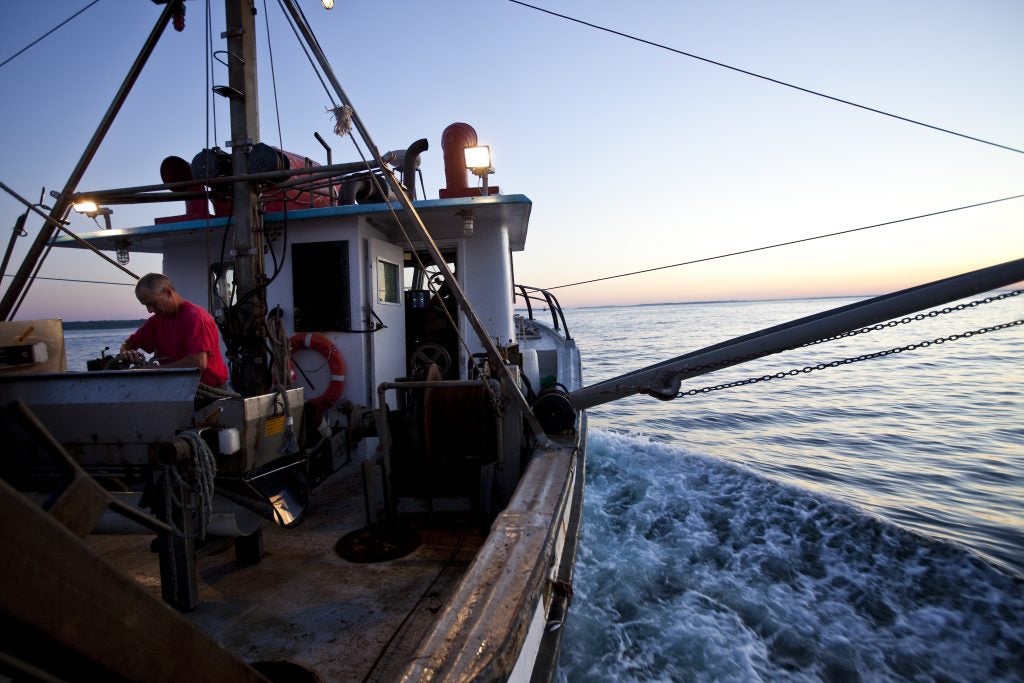
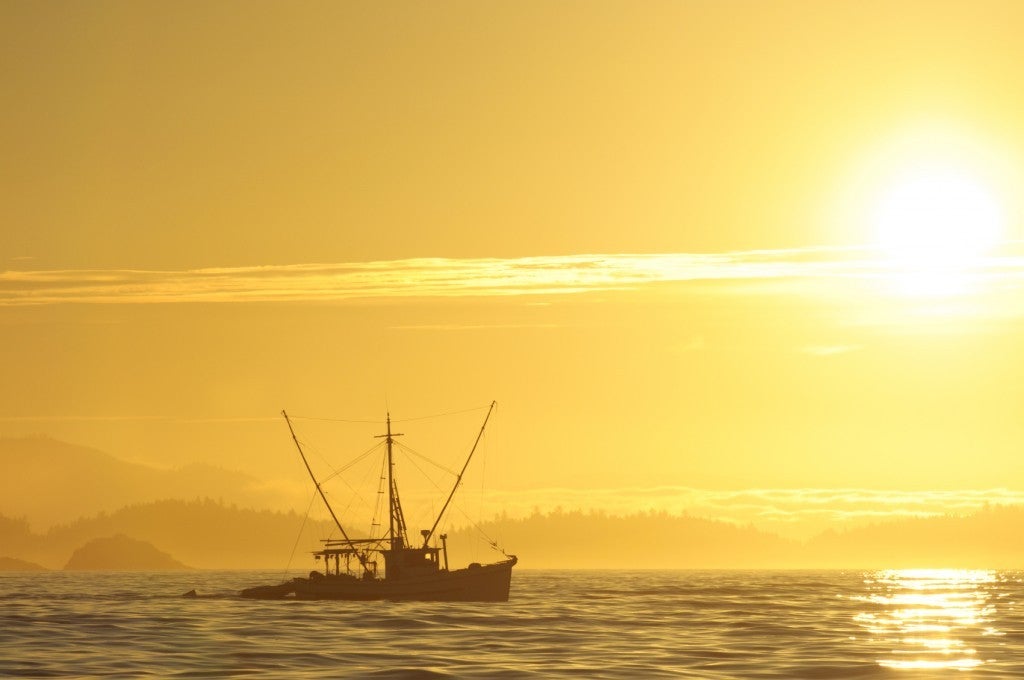
 For Republicans, this week’s midterm elections are cause for almost unreserved celebration. GOP candidates came close to sweeping the table in competitive House and Senate races around the country. Among the winners were Republican incumbents who have been constructive partners on fisheries issues and who were strongly supported by EDF Action, our sister organization: leaders like
For Republicans, this week’s midterm elections are cause for almost unreserved celebration. GOP candidates came close to sweeping the table in competitive House and Senate races around the country. Among the winners were Republican incumbents who have been constructive partners on fisheries issues and who were strongly supported by EDF Action, our sister organization: leaders like 